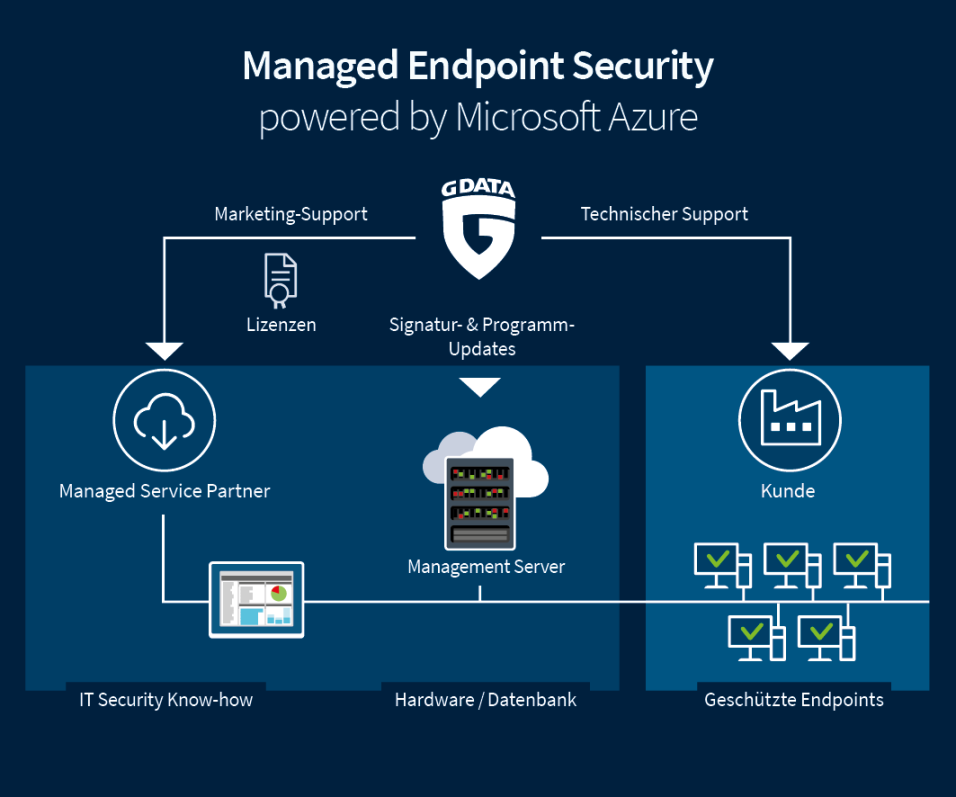Cloud Endpoint Protection: Securing Your Data in the Cloud
What do you mean by Cloud Endpoint Protection?
Cloud endpoint protection refers to the security measures put in place to protect the endpoints of a network that are connected to the cloud. Endpoints include devices such as laptops, desktops, smartphones, and tablets. This type of security is crucial in today’s digital landscape where more and more data is being stored and accessed in the cloud.
How does Cloud Endpoint Protection work?

Cloud endpoint protection works by using a combination of technologies and strategies to secure endpoints from cyber threats. These may include antivirus software, firewalls, intrusion detection systems, encryption, and behavioral analytics. By monitoring and protecting endpoints, organizations can prevent data breaches, malware infections, and other cyber attacks.
What is known about Cloud Endpoint Protection?
Cloud endpoint protection is known for its ability to provide a comprehensive security solution for endpoints that are connected to the cloud. It can help organizations comply with data protection regulations, prevent data loss, and safeguard sensitive information from unauthorized access. With the increasing use of cloud services, the need for effective endpoint protection has become more critical than ever.
Solution to Cloud Endpoint Protection Challenges
One of the main challenges of cloud endpoint protection is ensuring that security measures are effective across all endpoints, including those that are remote or mobile. To address this, organizations can implement centralized management tools that allow for the monitoring and enforcement of security policies across all devices. Additionally, regular security updates and patches can help mitigate vulnerabilities and reduce the risk of cyber attacks.
Information about Cloud Endpoint Protection
Cloud endpoint protection can help organizations secure their data in the cloud, prevent data breaches, and protect against cyber threats. By implementing effective security measures and best practices, organizations can ensure that their endpoints are secure and their data remains protected. With the right tools and strategies in place, organizations can confidently embrace the benefits of cloud computing without compromising on security.
Conclusion
In conclusion, cloud endpoint protection is essential for securing data in the cloud and protecting endpoints from cyber threats. By implementing robust security measures and best practices, organizations can safeguard their data and ensure the integrity of their networks. With the increasing reliance on cloud services, investing in cloud endpoint protection is a proactive step towards maintaining a secure and resilient IT environment.
FAQs
Q: Why is cloud endpoint protection important?
A: Cloud endpoint protection is important because it helps organizations secure their data in the cloud and prevent cyber attacks on endpoints.
Q: What are some best practices for cloud endpoint protection?
A: Some best practices include implementing antivirus software, firewalls, encryption, and regular security updates.
Q: How can organizations ensure the effectiveness of cloud endpoint protection?
A: Organizations can ensure effectiveness by implementing centralized management tools, monitoring security policies, and staying up-to-date on security trends.
Q: What are the main challenges of cloud endpoint protection?
A: Some challenges include securing remote and mobile endpoints, maintaining compliance with data protection regulations, and mitigating vulnerabilities.
Q: How can organizations stay ahead of cyber threats with cloud endpoint protection?
A: Organizations can stay ahead by implementing proactive security measures, conducting regular security audits, and staying informed about the latest cyber threats and trends.



